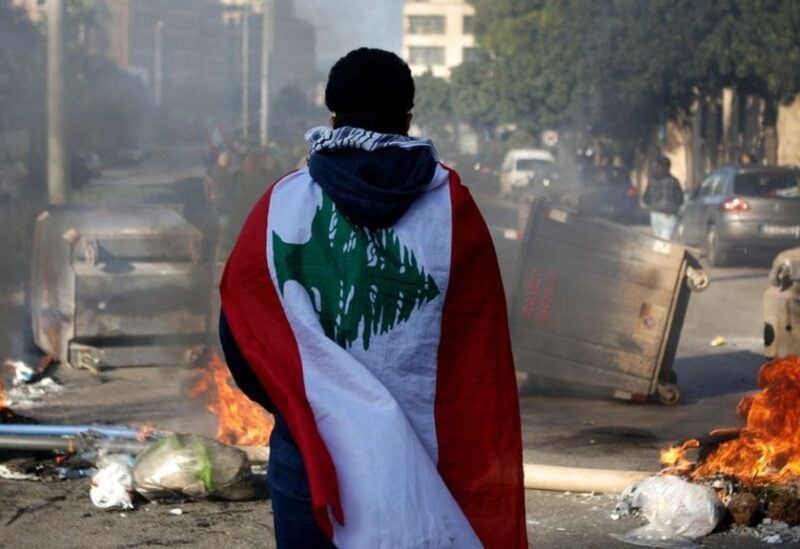
Lebanon is experiencing its worst economic and political crises
As the presidential file witnesses new developments and reshuffling, the economic and financial aspect takes center stage through international reports concerning Lebanon’s status in terms of being bound by international “taboos.” The latest of these was its inclusion in the “gray list” of countries subject to special monitoring due to unsatisfactory practices in combating money laundering and financing terrorism. Any further delay in electing a president will increase the chances of financial chaos, exposing Lebanon to a major blow from the international community at a time when it is suffering from severe financial deterioration and struggling to reach an agreement with the International Monetary Fund.
Diplomatic sources indicate that Lebanon has been able to combat terrorism and cooperate with the international community following the events of September in New York. Lebanon has provided information to all relevant international institutions. However, recently, some European countries attempted to pressure Lebanon regarding its alleged lack of cooperation in combating terrorism and money laundering, in an effort to push for the necessary reforms. These countries urged international organizations responsible for rating countries in these matters to consider Lebanon as uncooperative or facilitating activities that would subject it to sanctions. Consequently, a European sanctions regime was implemented, and Lebanon faced strict measures. Interestingly, some European countries recognized that imposing sanctions on Lebanon would negatively affect its people, although the objective was to compel Lebanese politicians to implement reforms that remain hostage to the political situation and the fate of the presidency file.
Sources state that international concerns regarding money laundering in Lebanon arise due to its cash-based economy, where monitoring and tracking money movements are challenging. In contrast, economies based on credit cards and electronic transfers have stricter surveillance measures, which most developed countries adopt.
Therefore, one of the reasons driving the international community and specialized organizations to take action is both political and economic. The aim is to achieve financial and economic reforms. The liquidity-based economy remains suspicious in terms of terrorism and money laundering.
However, this international trend aims to ensure that Lebanon remains part of the global system, both politically and economically. Countries consider financial terrorism more dangerous than military terrorism, as drying up sources of financing can cripple terrorism and its operations. Simultaneously, this approach exerts political pressure on the ruling system to meet international requirements, particularly the election of a president, in order to prevent financial and security chaos that could create fertile ground for various forms of terrorism.
The current political situation in Lebanon, the inability to form a new government, internal political tensions, the cash liquidity economy, and the questionable behavior of banks, which raise numerous international concerns, along with the performance of Central Bank Governor Riad Salameh, who is subject to European arrest warrants, are all factors that increase the imminent danger facing Lebanon.